University autonomy is an inevitable trend in the coming time. One of the biggest difficulties for schools when being autonomous is solving the problem of revenue while still retaining students. In the context of university autonomy, policies on loan support also need to be adjusted to better support students.
University autonomy: Many schools forced to increase tuition to cover costs
Associate Professor Dr. Hoang Van Hung, Director of Thai Nguyen University, Lao Cai Branch, said that university autonomy is one of the major difficulties of higher education institutions today. The understanding of university autonomy is not really complete, each unit has a different way of implementing it, and even in the implementation process, they "tried to shape" autonomy into unrealistic things.

According to Associate Professor Dr. Hoang Van Hung, if in the past the activities of universities mainly depended on the state budget, then when switching to autonomy, the budget was cut, in addition to the confusion of schools in enrollment, poor local science and technology research programs will directly impact the annual revenue.
In addition, when university autonomy is granted, schools also encounter difficulties related to other legal regulations such as land lease, facilities, and state assets. Also because of these difficulties, many units, after applying for autonomy for a few years, have withdrawn their financial autonomy.
“Currently, investment from the state budget is still the main source of revenue for higher education institutions, the second is tuition fees from students. The remaining sources of revenue during operation are very low. Therefore, when cutting the budget, combined with the fact that enrollment at many schools is unstable every year and uneven among sectors, it leads to difficulties in autonomy,” said Associate Professor Dr. Hoang Van Hung.
Dr. Pham Thanh Ha, Head of University Training Department - University of Transport, said that with the trend of university autonomy, the state will cut the regular budget for schools, so many universities are forced to increase tuition fees to cover costs. This will cause difficulties for students in the short term, but in the long term, when tuition fees are sufficient, this budget will help improve the quality of education, the qualifications of lecturers, and the capacity of laboratories. University autonomy will therefore also help society benefit more when there is a generation of quality human resources.
"For the University of Transport, currently it is not autonomous, so the tuition fee is quite attractive to candidates. From 2025, the school will move to the autonomous stage. However, the school will also have assessments to come up with solutions to ensure operating funding, increasing tuition fees is a solution but not the first solution.
We are evaluating many other resources, as well as taking into account the affordability of students as most of the university’s students are from rural areas. The University of Transport will be very cautious in the issue of tuition fees,” said Dr. Pham Thanh Ha.
The Head of Training Department - University of Transport also said that increasing university tuition fees during the autonomy process also needs a roadmap, careful calculation, it is impossible that this year's tuition fee is 10 million, next year it increases to 40 million. Schools need to carefully calculate the tuition fee issue, if it increases too high, it will also affect the choice of candidates, in general it is not beneficial for the schools.
Tuition fees rise, student loan support low
In the context of the recent sharp increase in university tuition fees, many students have reported that they have sought out student loan sources, but the loan amount has not really met the needs of studying and living in the city.
Associate Professor Dr. Hoang Van Hung, Director of Thai Nguyen University, said that the policy on preferential credit loans for students has been implemented in many countries. In Vietnam, after 17 years of implementation, the policy has also created positive changes for students. In order for students to have good access to this source of capital during their studies, especially students in disadvantaged areas, it is necessary to overcome some existing problems in practice such as low loan capital, banks offering too many mechanisms and binding conditions that make it difficult for students to access loans, especially those in mountainous areas.
Besides, when implementing, there is no close coordination and commitment between banks, schools and localities so that when there is a risk, debt problems can be resolved and debt collection can be easily done.
According to Dr. Tran Khac Thac, Head of Training Department - Thuy Loi University, the current loan level of credit funds supporting students is still quite modest. The support level is based on tuition regulations, but in reality, students still need to cover a larger amount from monthly living expenses. Also because of the modest support level, many students do not have the need to access loans. Only when the loan level is increased, ensuring both living expenses and tuition fees, will it be truly attractive to students.
“The problem lies in the policy, it’s not that students don’t have a need. Many students want to borrow money, but the procedures to receive support are complicated, and the loan amount is low, so they often look for other solutions,” said Dr. Tran Khac Thac.
Source: https://vov.vn/xa-hoi/tang-hoc-phi-khi-tu-chu-dai-hoc-can-tinh-toan-than-trong-post1122062.vov












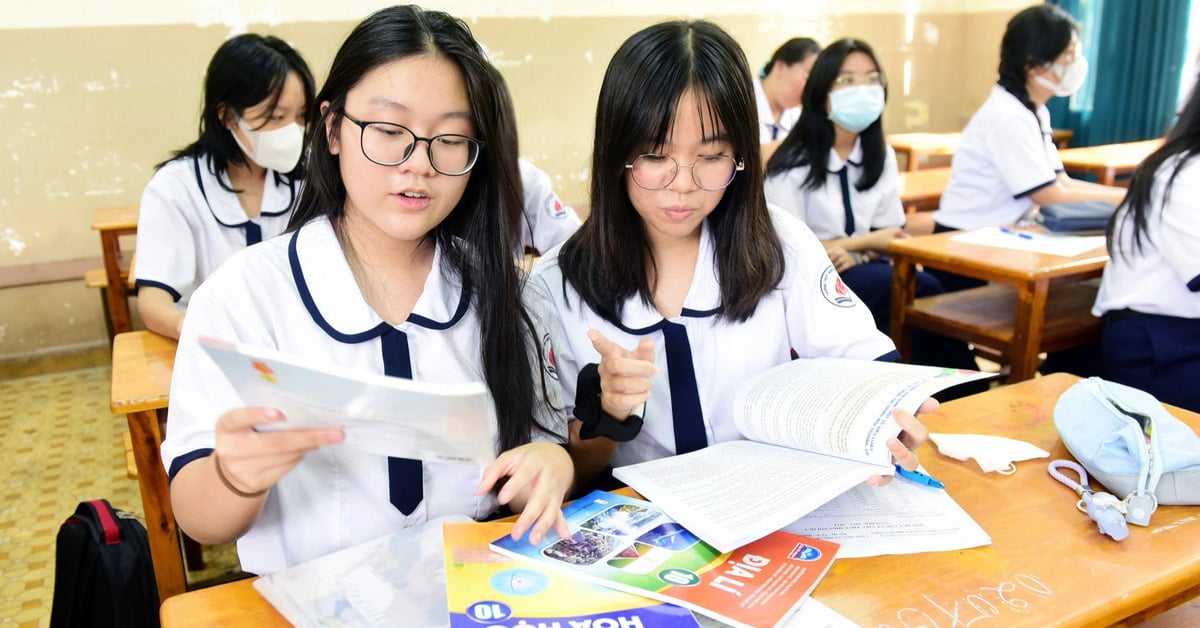

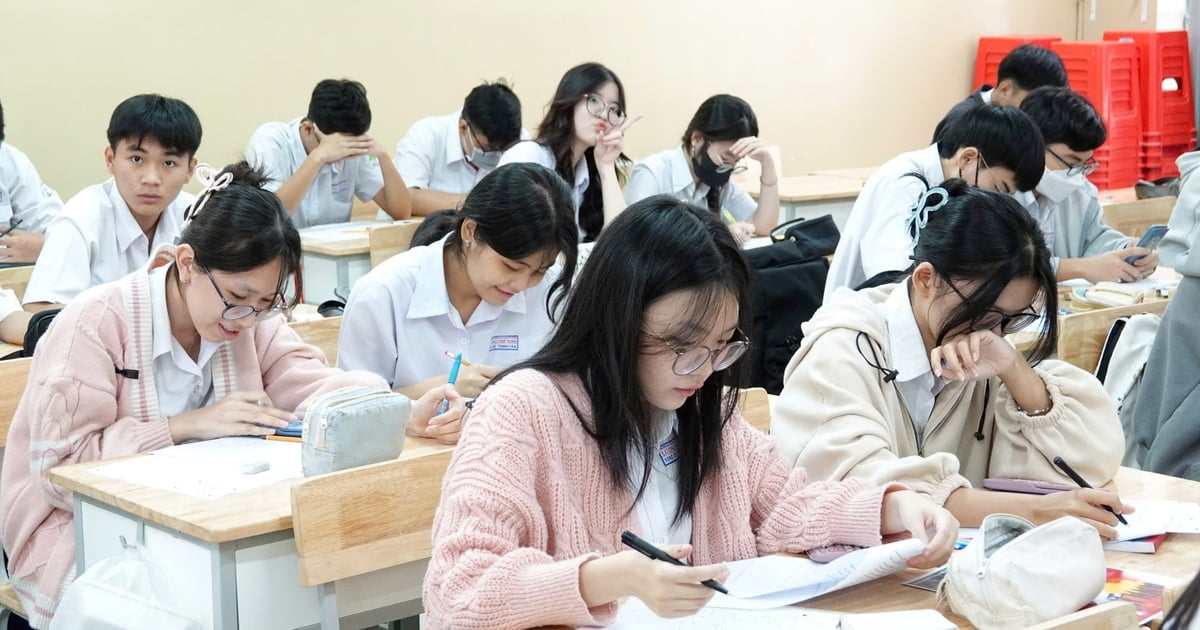





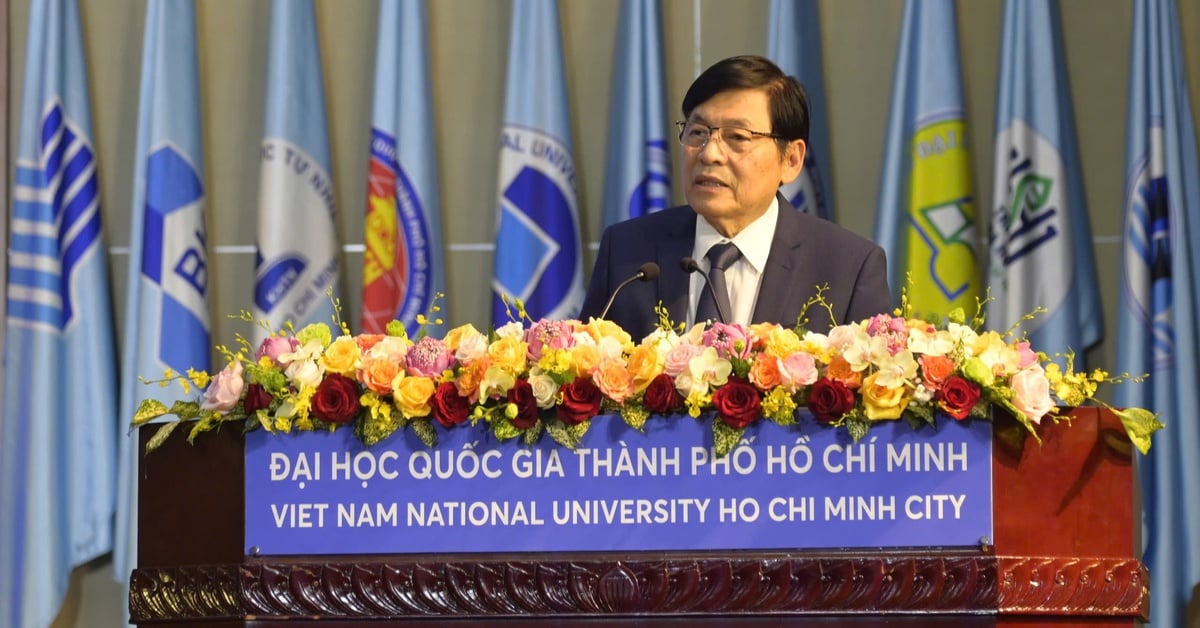






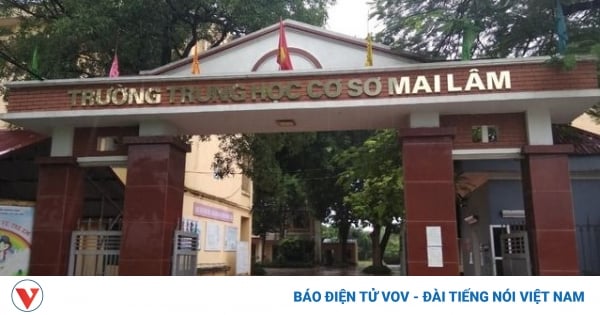


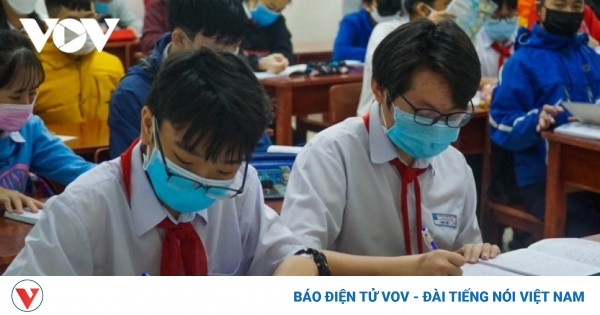













Comment (0)